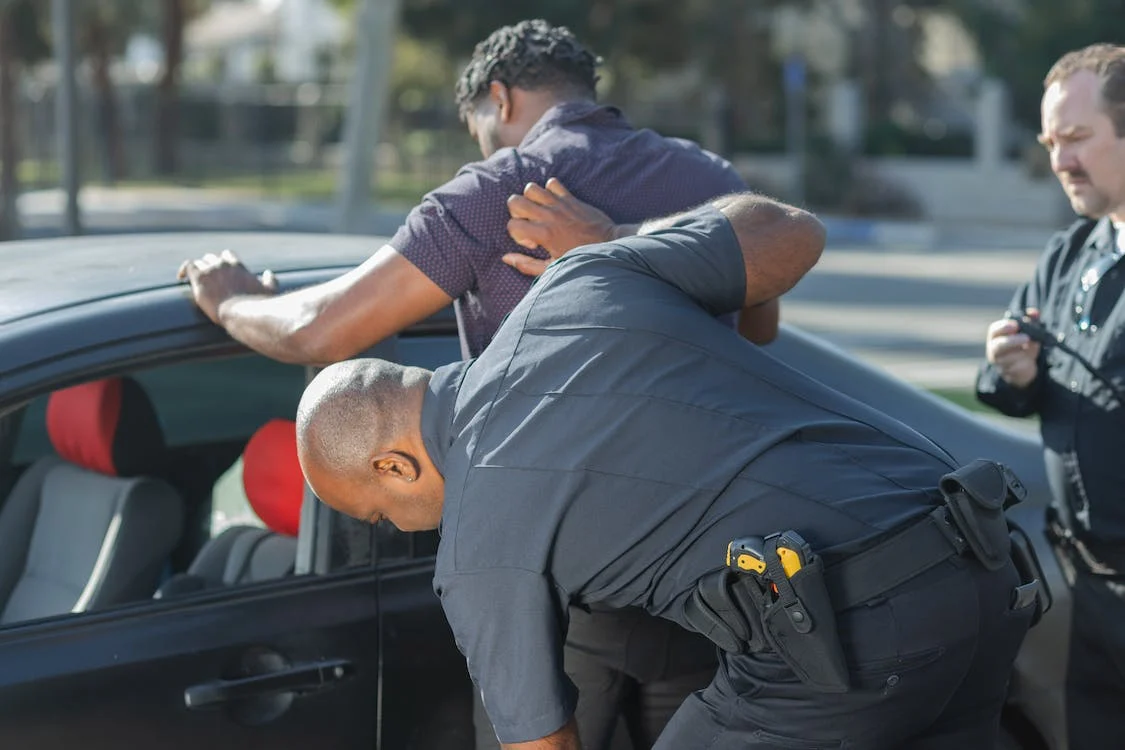Surviving prison life demands more than just physical endurance; it requires a blend of creativity and resilience. For inmates, the harsh realities of incarceration can lead to a unique form of innovation and mental fortitude. The ability to adapt, find hope, and maintain one’s sanity is a testament to the human spirit.
Creativity as a Coping Mechanism
In Allen County, like many other places, inmates often turn to creative outlets to cope with their circumstances. Art, writing, and music become more than hobbies; they are lifelines. These activities provide a means of expression and a way to pass the time constructively. Programs that encourage creative pursuits can significantly impact inmates’ mental health, offering a sense of purpose and a temporary escape from the monotony of prison life.
The Role of Bail Bondsmen
Before incarceration, many individuals in Allen County rely on bail bondsmen to secure their temporary freedom. Bail bond services are crucial in ensuring that defendants can continue their lives and prepare their defense while awaiting trial. These services offer a vital opportunity for individuals to remain connected with their families and support networks, which can be a critical factor in maintaining resilience during this challenging period.
The Importance of Support Systems
Support systems, both inside and outside the prison, play a pivotal role in an inmate’s ability to survive and thrive. In Allen County, community organizations and family members often work alongside bail bond services to support inmates. This network of support is crucial in helping individuals navigate the complexities of the criminal justice system and maintain their well-being.

Resilience Through Rehabilitation
Rehabilitation programs in prisons aim to foster resilience by providing education, vocational training, and therapy. These programs are designed to prepare inmates for life after prison, reducing recidivism rates and promoting reintegration into society. By focusing on personal development and skill-building, these initiatives help inmates build a foundation for a better future.
The art of survival in prison is a multi-faceted journey that hinges on creativity and resilience. Through the support of the community and innovative coping mechanisms, inmates can find hope and work towards a brighter future.
If you or a loved one is facing incarceration in Allen County, securing timely and professional assistance is crucial. Delaughter Bail Bonds offers reliable bail bond services to help you navigate this challenging time. Don’t let the complexities of the legal system overwhelm you; contact Delaughter Bail Bonds today to ensure you have the best possible chance for a positive outcome. Let us help you turn the tide with our trusted and compassionate services.




















